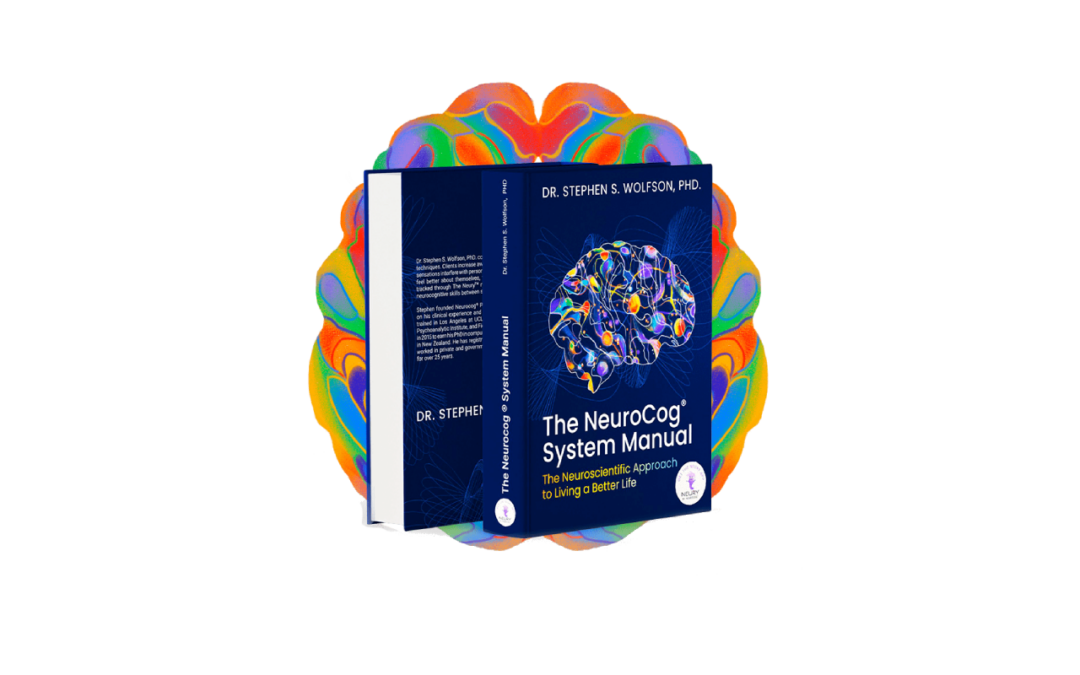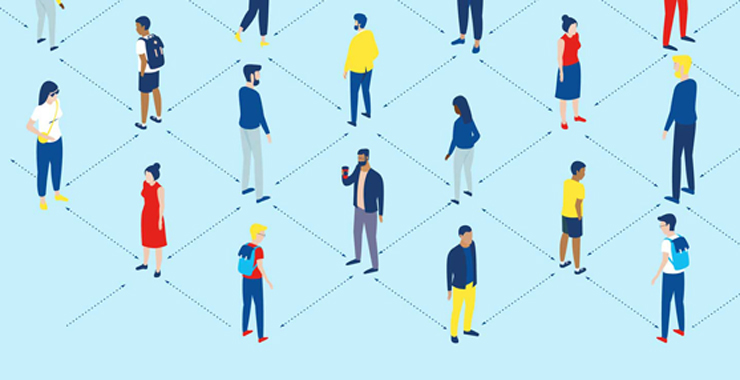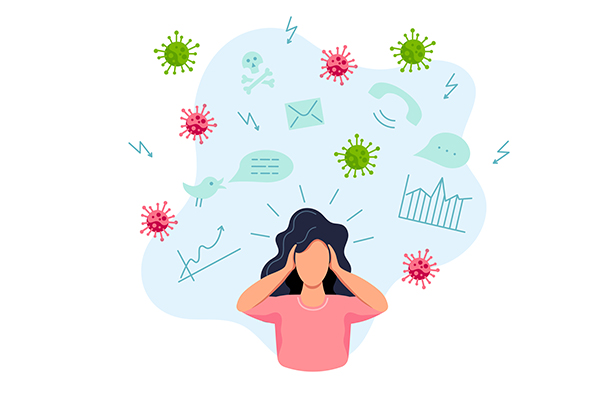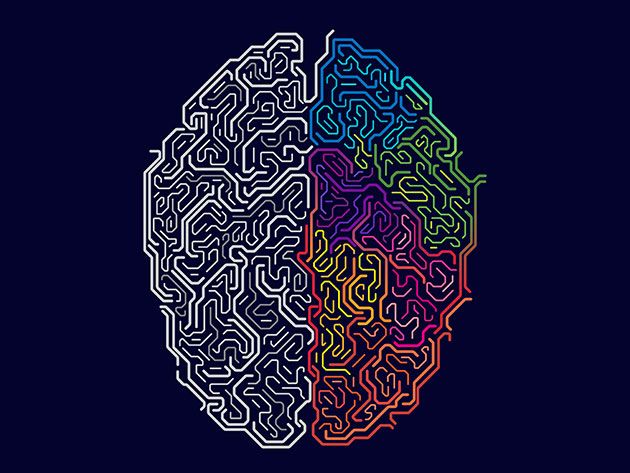 The NeuroCog® System Manual by Dr. Stephen S. Wolfson is a comprehensive guide introducing the NeuroCog® System which guides your mastery of basic through advanced neurocognitive skills. Developed over 25 years of clinical research The NeuroCog® System Manual first...
The NeuroCog® System Manual by Dr. Stephen S. Wolfson is a comprehensive guide introducing the NeuroCog® System which guides your mastery of basic through advanced neurocognitive skills. Developed over 25 years of clinical research The NeuroCog® System Manual first...Anxiety and stress, Neuroscience, Personal Development5
 The COVID-19 pandemic has seen a rise in feelings of anxiety amongst many individuals around the globe. The uncertainty surrounding coronavirus, how long it is going to last or how challenging things might get has led to overwhelming feelings of fear, dread and panic...
The COVID-19 pandemic has seen a rise in feelings of anxiety amongst many individuals around the globe. The uncertainty surrounding coronavirus, how long it is going to last or how challenging things might get has led to overwhelming feelings of fear, dread and panic...Neurocog App, Neuroscience132
 As the COVID-19 pandemic enters its second year, the risks of the virus, isolation, social and financial consequences of lockdowns and uncertainty about the future may be related to an increase in symptoms of depression. A study published in the Medical Journal of...
As the COVID-19 pandemic enters its second year, the risks of the virus, isolation, social and financial consequences of lockdowns and uncertainty about the future may be related to an increase in symptoms of depression. A study published in the Medical Journal of...Neurocog App, Neuroscience117
 What is Depression? Depression is defined by the International (statistical) Classification of Diseases (ICD) as having a low (sad) mood, low energy, less activity, less enjoyment, less interest, loss of concentration, tiredness, poor sleep, poor appetite, low...
What is Depression? Depression is defined by the International (statistical) Classification of Diseases (ICD) as having a low (sad) mood, low energy, less activity, less enjoyment, less interest, loss of concentration, tiredness, poor sleep, poor appetite, low...Neurocog App, Neuroscience112
 What is anxiety? According to the International (statistical) Classification of Diseases (ICD-11) a generalised anxiety disorder exists when for most of the time during several months you are expecting something bad or worry about everyday events in your life and it...
What is anxiety? According to the International (statistical) Classification of Diseases (ICD-11) a generalised anxiety disorder exists when for most of the time during several months you are expecting something bad or worry about everyday events in your life and it...Neurocog App, Neuroscience113






